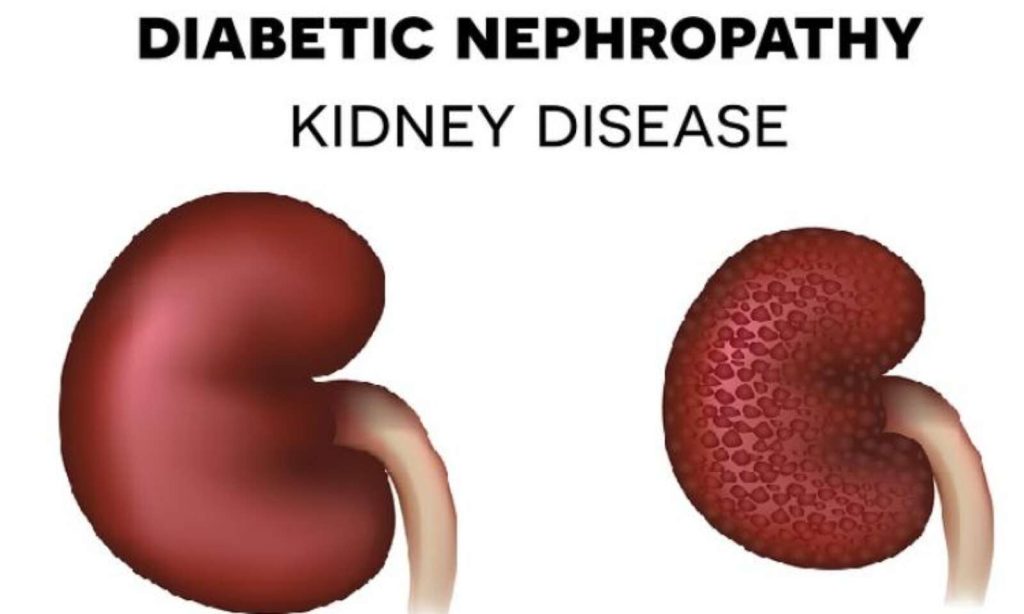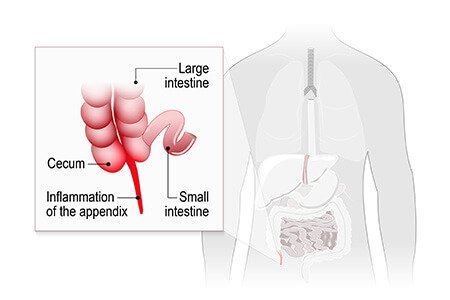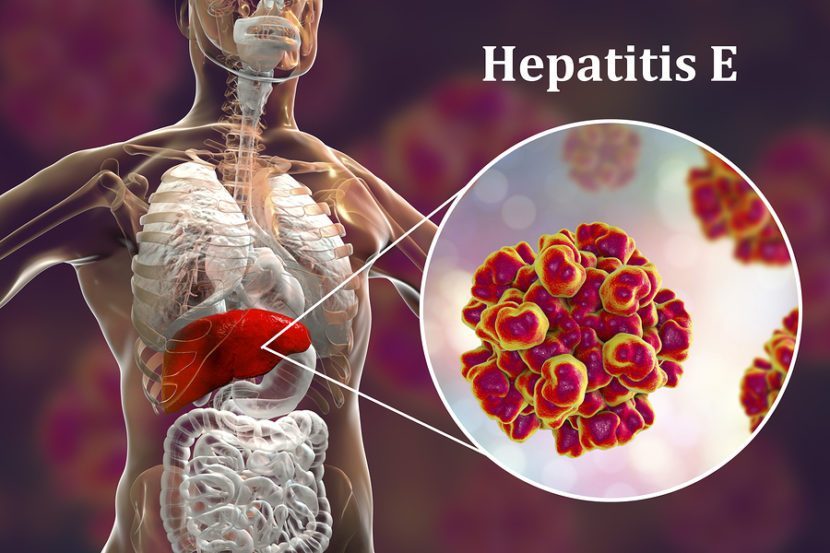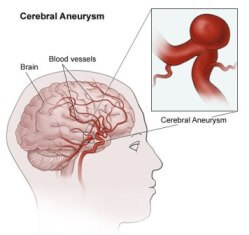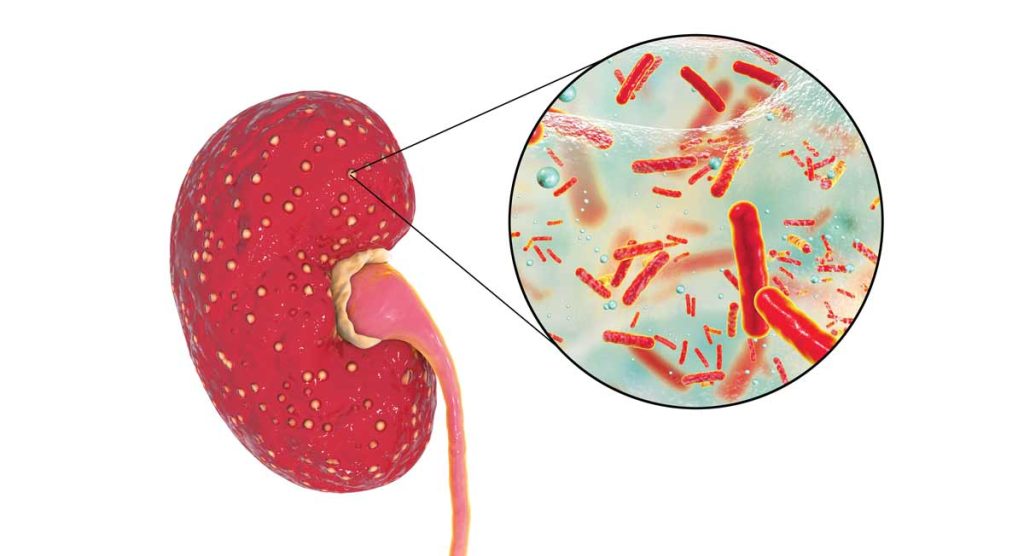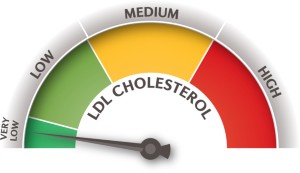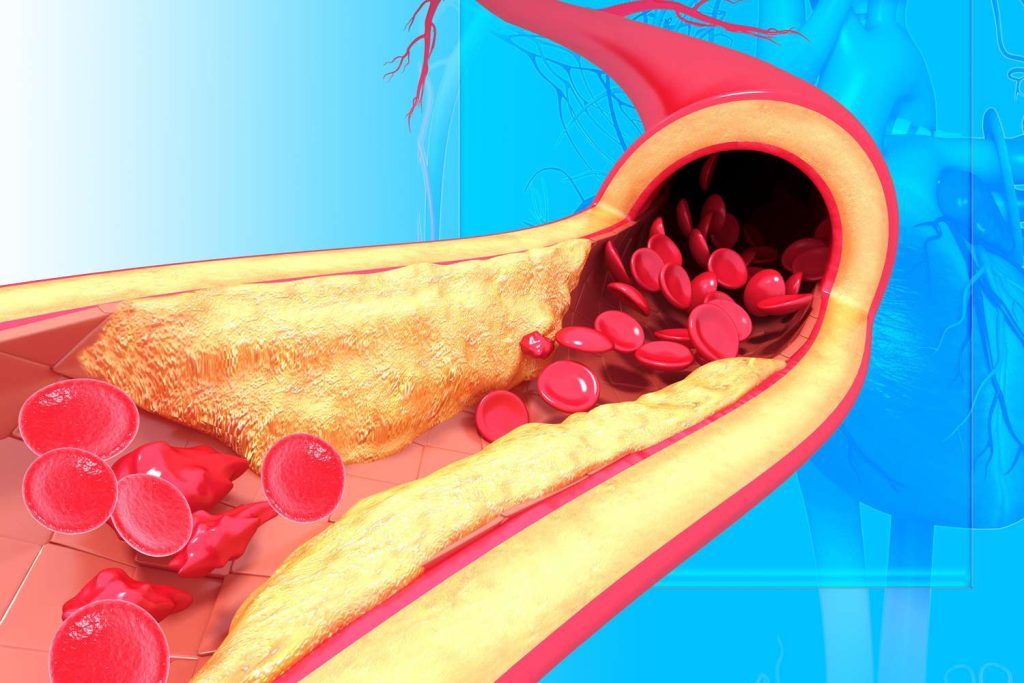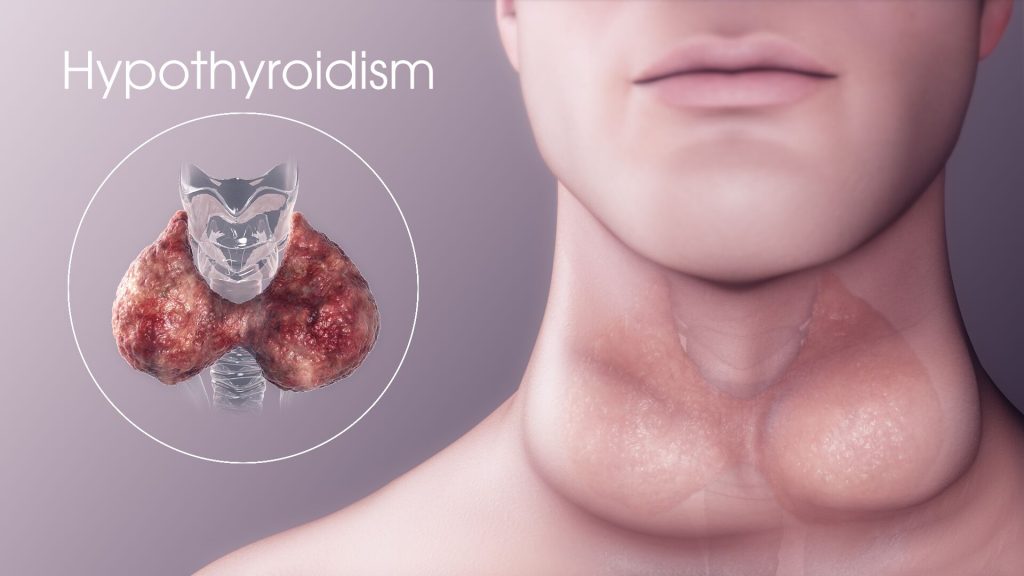Miscellaneous causes and symptoms of Bipolar disorder.
Bipolar disorder causes mood, energy, and activity levels to fluctuate, which can make day-to-day life challenging. Life can be severely disrupted by bipolar disorder, although each person experiences it differently. Many people with this illness have fulfilling lives with the right care and assistance.
Over 10 million people, or roughly 2.8% of the population, in the United States suffer with bipolar illness, according to the National Alliance on Mental Illness (NAMI).
A diagnosis is typically made when a person is around 25 years old, however symptoms might start to show up earlier or later in life. Both men and women are equally impacted by it.
What is Bipolar disorder?
Alternating spells of high and low mood are described as the primary symptoms of bipolar disorder by the National Institute of Mental Health. Changes in a person’s energy levels, sleeping habits, capacity to concentrate, and other characteristics can have a profound effect on their behaviour, relationships, employment, and other elements of their life.
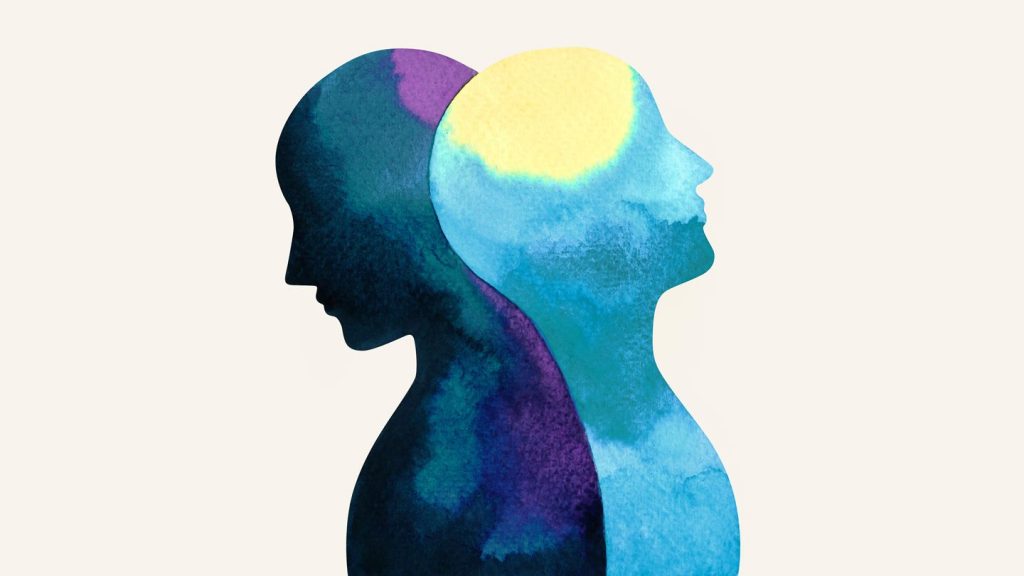
Most people experience mood swings from time to time, but those associated with bipolar illness are more severe and may also include other symptoms. Psychosis, which can include delusions, hallucinations, and paranoia, affects some people.
Especially if they are adhering to a treatment plan, the person’s mood may remain stable between episodes for months or even years.
Many people with bipolar disorder may work, study, and live a full and productive life thanks to treatment. But when a person’s medical care makes them feel better, they might quit taking their medicine. The symptoms can then come back.
There are some characteristics of bipolar disorder that might be positive. They may discover that they are more gregarious, conversational, and creative when their mood is boosted. An improved mood won’t likely last, though. Even if it does, it could be challenging to maintain focus or carry out goals. This can make it challenging to see a project through to completion.
Types of bipolar disorder
The three primary forms of bipolar disorder are cyclothymia, bipolar I, and bipolar II.
Bipolar 1
At least one manic episode must occur for a person to be diagnosed with bipolar I. Before and after the manic period, you could encounter major depressed episodes or hypomanic episodes, which are less severe than manic episodes. Everyone who has this form of bipolar disorder is affected, regardless of gender.
Bipolar 2
Bipolar 2 patients go through one severe depressive episode that lasts for at least two weeks. Additionally, they experience at least one hypomanic episode every four days. This kind of bipolar disorder may be more prevalent among women, according to a 2017 research.
Cyclothymia
Cyclothymia patients have periods of hypomania and depression. The mania and depression brought on by these episodes are milder and last for a shorter period of time than those brought on by bipolar I or bipolar II disorder. Most sufferers of this ailment only have periods of no mood symptoms lasting one or two months.
During the diagnosing process, your doctor can go into greater detail about the type of bipolar illness you have.
Different mood symptoms that are experienced by some people approximate these three types but don’t exactly fit. If that applies to you, you can be given the following diagnosis:
- other specific bipolar illnesses and related conditions
- undefined bipolar disorder and associated conditions
Symptoms of Bipolar disorder
Mania, hypomania, and depression are the three primary signs and symptoms of bipolar illness. These symptoms can appear in various ways in different bipolar disorder types.
Symptoms of bipolar 1
Bipolar I condition must be diagnosed by:
- at least one manic episode lasting at least a week.
- symptoms that interfere with regular activity
- symptoms that are unrelated to another medical illness, a mental health issue, or drug use
You might also exhibit signs of mania, sadness, or psychosis (known as mixed features). These symptoms may affect your life more severely. If you do, it would be wise to seek out expert assistance as soon as you can (more on this later).
Although hypomania or depressive episodes are not a need for bipolar 1 diagnosis, many people with the condition do report them.
Bipolar II signs
Those who have bipolar 2 must:
- at least one episode of hypomania lasting four days or longer, with three or more hypomanic symptoms
- changes in mood and behaviour associated with hypomania that are noticeable to others but may not necessarily have an impact on your day-to-day activities
- at least one major depressive episode lasting two weeks or more
- at least one major depressive episode involving five or more important symptoms of depression that significantly affect your day-to-day existence
- symptoms that are unrelated to another medical illness, a mental health issue, or drug use
Psychotic symptoms are also a possibility in bipolar 2, but only when a depressive episode is present. A mixed mood episode is another possibility, in which you simultaneously feel symptoms of hypomania and despair.
But mania won’t occur if you have bipolar II. Having a manic episode will lead to a bipolar 1 diagnosis.
Symptoms of cyclothymia
Obtaining a cyclothymia diagnosis involves
- Symptoms of despair and hypomania have alternated on and off for at least two years (1 year for children and adolescents)
- never fully satisfy the requirements for a hypomanic or depressive episode
- symptoms that last at least half of the two years and don’t ever go away for more than two months at a time
- some symptoms that are unrelated to another medical illness, a mental health issue, or drug use
- symptoms that are distressing and interfere with daily life
Cyclothymia is characterised by mood symptoms that fluctuate. These signs and symptoms might not be as bad as bipolar I or II symptoms. Even yet, they usually last longer, so when you have none, you often have less time.
Your daily life may not be significantly affected by hypomania. Contrarily, depression frequently results in more severe suffering and impairs daily functioning, even if your symptoms don’t match those of a major depressive episode.
Your diagnosis will probably shift to another type of bipolar disorder or major depression, depending on your symptoms, if you ever experience enough symptoms to satisfy the requirements for a hypomanic or depressed episode.
Causes of Bipolar Disorder
Bipolar disorder has multiple causes. Researchers are looking at the potential triggers for it in some individuals.
For instance, sometimes it’s just a hereditary issue, meaning you have it because it runs in your family. The way your brain grows may also be important, although researchers are unsure of how or why.
Bipolar Disorder Risk Factors
It is equally likely to affect males and women. Having four or more distinct mood episodes in a year is known as “rapid cycling,” and it is slightly more common in women than in males. In addition, bipolar women tend to experience more depressive episodes than bipolar males.
Women are more likely to have bipolar disorder II and be impacted by seasonal mood swings, and bipolar disorder often occurs later in life for them.
Women are also more likely to experience dual medical and mental health problems. Thyroid disease, migraines, and anxiety problems are a few examples of these medical conditions.
The following factors increase your risk of having bipolar disorder:
- a family member suffering from bipolar illness
- experiencing extreme stress or trauma
- overuse of drugs or alcohol
- specific health issues
When manic or sad, many people with the disease abuse alcohol or other substances. Seasonal depression, concurrent anxiety disorders, posttraumatic stress disorder, and obsessive-compulsive disorder are more prevalent in people with bipolar disorder.
Treatment of Bipolar disorder
The goal of treatment is to lessen the intensity of symptoms and stabilise the patient’s mood. The objective is to enable the person to carry out daily activities successfully.
A variety of therapies are used throughout the course of treatment, including:
- medication
- counselling
- physical activity
- lifestyle corrections
Finding a good diagnosis and treatment can take some time because everyone responds differently and symptoms vary greatly.
REFERENCES:
- https://www.healthline.com/health/bipolar-disorder
- https://www.medicalnewstoday.com/articles/37010
- https://www.webmd.com/bipolar-disorder/mental-health-bipolar-disorder
- https://my.clevelandclinic.org/health/diseases/9294-bipolar-disorder
For more details, kindly visit below.
